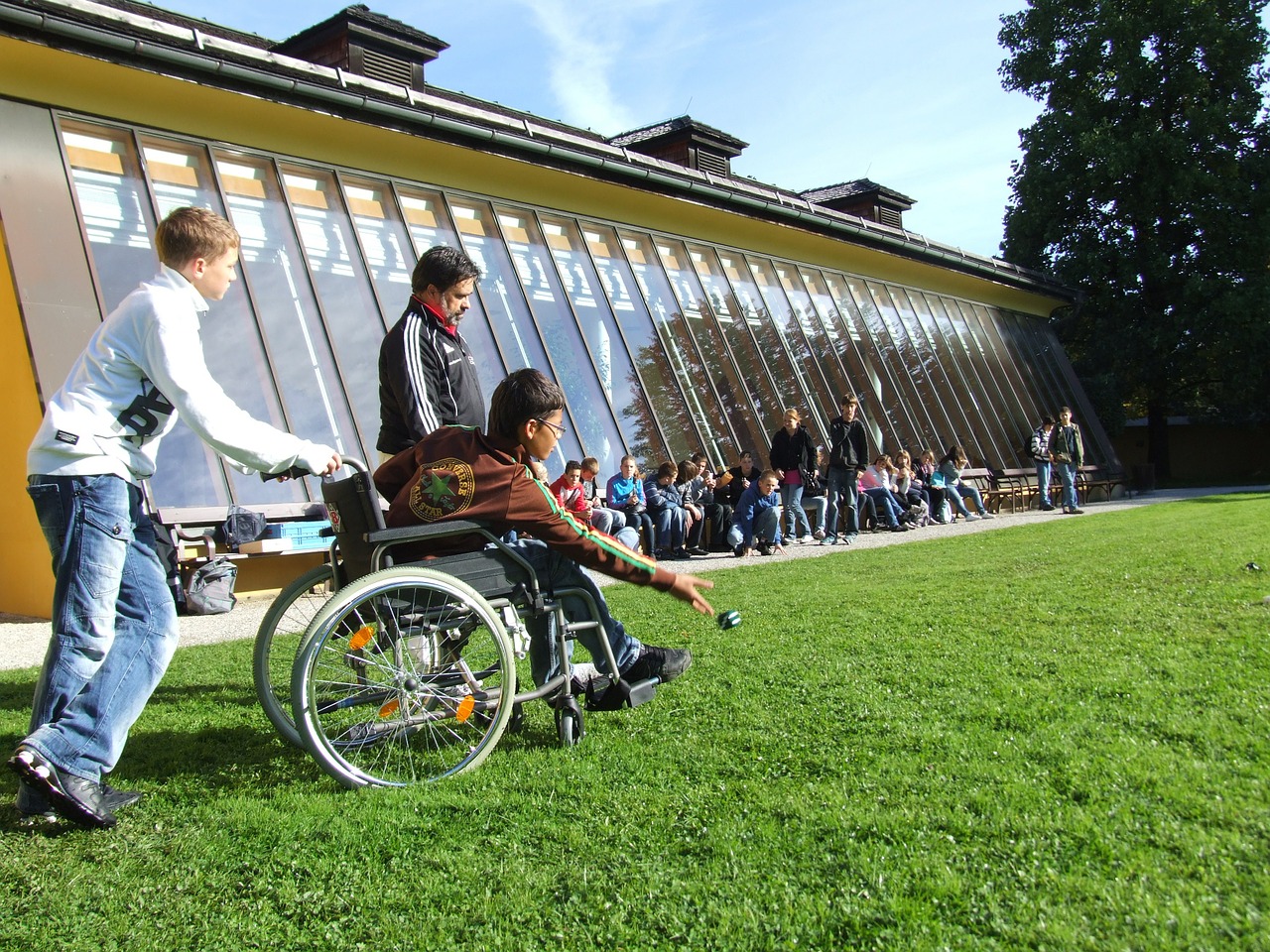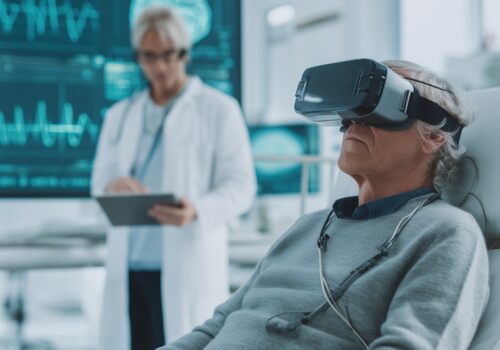The Problem of Socialization of Young People with Disabilities
According to various statistical studies, the number of young people with disabilities is gradually increasing. Disability is not only a problem for a certain circle of “disabled people,” but a problem for society as a whole. The most acute problems of young people with disabilities are associated with the emergence of numerous social barriers that do not allow people with disabilities to actively participate in society.
Young people, from the point of view of social relations, are different because it is in childhood and adolescence that the main, defining stage of the process of socialization of a person falls. Socialization is one of the main factors in a young person’s entry into adulthood, the process of joining social life, which consists in assimilating a person’s system of knowledge, values, norms, attitudes, patterns of behavior inherent in a given society, social community, group. It is in the process of socialization that an individual becomes a personality, capable of functioning in a given society.
However socialization of disabled people, especially children with disabilities, is a system and process of restoration of abilities of the disabled person to independent social and family and domestic activity. It should be noted that initially assistance to this category of children in all countries, developed in the form of creation of specialized educational-educational institutions, as a result of which the isolation of children with disabilities in society gradually increased. Rehabilitation centers consider their main task to be the adaptation of children with disabilities in the process of socialization, ensuring that their parents are comfortable, forming an adequate attitude toward children with disabilities and integrating these children into modern society. Many disabled children are completely dependent on their parents. These are the ones who cannot move around or take care of themselves independently. The opportunity to study and work creates conditions for self-expression and self-realization of disabled people, and also contributes to the solution of the most important tasks of life: social and professional rehabilitation, social and domestic adaptation, improvement of living standards of an individual’s family. Active activities help young people with disabilities overcome their sense of disability and consider themselves full members of society. Unfortunately, many people, having acquired a profession, cannot find a proper job. Even if they get a job, it is not in their specialty or in a low-paying job.
One of the main problems of young people with disabilities is the problem of getting a profession that would give them the opportunity to work. An extensive network of institutions for the professional formation of young people has been created, which includes a combination of executive authorities and rehabilitation institutions; vocational guidance and employment centers; educational institutions and social assistance centers. But in practice, unfortunately, the implementation of the main directions of the professional formation of young people with disabilities faces many problems. One of the problems is the lack of pedagogical, psychological and social support for students with disabilities. The process of socialization and adaptation is known to be slow for young people with disabilities.
Another problem of socialization of young people with disabilities is the problem of establishing interpersonal relationships or contacts. This is an acute problem for young people, because people around them treat them differently: for example, some simply ignore them or try not to notice them, while others try to help and support them. The only place where they feel most comfortable is the parental family.
An important factor in the socialization of the personality of young people with physical health problems is learning in educational institutions. In this environment, interpersonal communication is possible not only in the classroom, but also informally, outside of class.
Young people with disabilities studying in educational institutions face various problems. For example, many educational institutions are not equipped with ramps, apparatuses for teaching the visually impaired and blind, and sign language equipment, adapted computers, no elevators, rest rooms for the disabled, and often a medical center. Computer classrooms do not use special techniques to compensate for visual or hearing defects. People with disabilities diagnosed with cerebral palsy, for example, are very few in vocational institutions, because they are physically unable to get to classrooms on the second or higher floor on their own. Young people with spinal cord problems are forced to spend their entire lives within the four walls of their homes. A big problem for these disabled people is that doorways and elevators are too small for wheelchairs, staircases are almost never equipped with platforms to lower wheelchairs or any lifting devices; the entire system of city transportation is not adapted for people with disabilities.
When considering the specifics of the adaptation of young people with disabilities, it should be borne in mind that the degree of a person’s adaptation to life conditions largely depends on the psychological and volitional component, on the psychological readiness to “find oneself” and “take one’s place in life.
Analyzing the problems of adaptation of young people with disabilities it is possible to note the basic ways of increasing the adaptation processes of young people with disabilities:
- Development of public and state rehabilitation programs for young people with disabilities;
- Creation of profile rehabilitation centers that would solve problems of social assistance, as well as communication and mutual assistance; formation of an open socio-cultural space, involvement of volunteers, students of psychological and pedagogical specialties as social workers;
- Conducting work on the professional self-determination of young people with disabilities on the basis of the available knowledge of their own psychological features, taking into account self-development programs.



